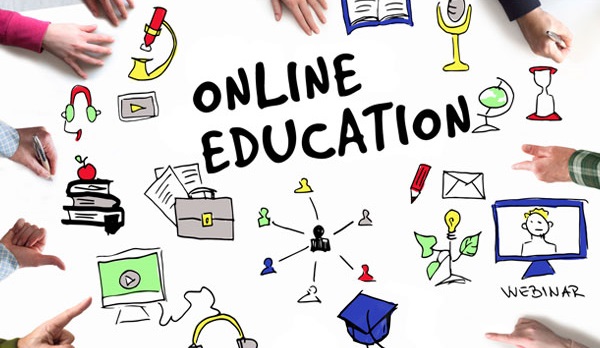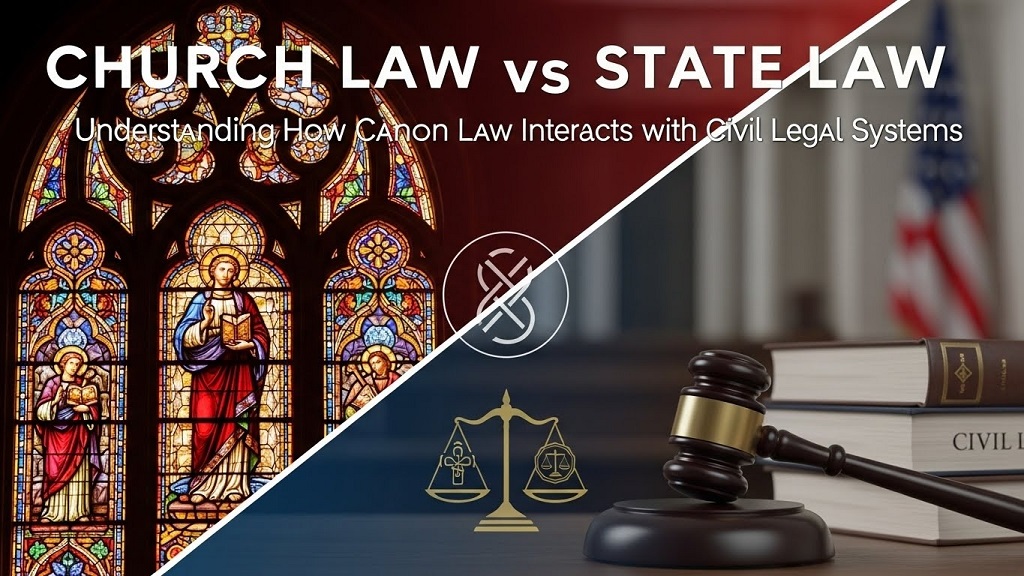Like most 5-year old boys, my son likes to build complex fighter planes, castles, and pirate ships with his Lagos. I like to give him the time he needs to complete his block masterpieces. When my three-year-old Katie gets out her Dr. Seuss board books, she can look at them for hours. She tells me she is reading and we work on sounding out words. My kids like having time on tasks. As a parent, what makes online learning appealing is what Jacob wants to learn about George Washington and Abraham Lincoln, he has more than 20-minute private/public school time that has been allotted to learn history.
Pennsylvania currently has 5,100 children enrolled in cyber charter schools. The state leads the nation in cyber charter school innovation – and controversy. Cyber charter schools offer students a flexible well-researched online curriculum that is accessible at all times and is not constrained by a physical building. Since cyber charter schools do not have high capital costs in terms of physical infrastructure, they can invest most of their resources into curriculum research and development and into hiring talented teachers. These schools have the potential to provide an array of new educational options for students to offer almost complete flexibility to children served best by a custom-tailored curriculum.
A January 2002 Center for Education Reform report, “Beyond Brick and Mortar: Cyber Charters Revolutionizing Education,” explains how many ways cyber charter schools are the same as traditional brick and mortar charters. “The charter issuing authority monitors their quality and integrity, but they are otherwise free of traditional bureaucratic and regulatory control.” The report’s author, Neal McCluskey, argues that the “cyber charter school’s success-and-existence is dependent on its meeting student achievement goals specified in its charter, and on effectively managing its financial and operational responsibilities.”
Yet public school officials in Pennsylvania and elsewhere do not want to give cyber charter schools the opportunity to provide their financial and academic success. More than 100 of Pennsylvania’s 501 school districts have joined in lawsuits challenging the legitimacy of virtual charter schools. The suits argue that the Pennsylvania’s 1997 charter school law does not cover the cyber schools.
Cyber school critics argue that they are just a state-subsidized homeschool and that charter school laws do not cover homeschoolers. In Colorado, for example, the state charter school specifically bans online schools from enrolled students who were previously taught at home or went to a private school.
School districts in Pennsylvania have withheld millions of dollars in per-pupil funding from online charter schools. This lack of funding has created a vicious cycle for many of Pennsylvania’s cyber charter schools. Because the schools lack resources, they have defaulted on some of the promises they made to parents and students. For example, they have been delivering computer equipment and textbooks. In turn, this has given the school districts more ammunition to use against the schools and more justification for withholding funding.
The legal future of online charter schools may be unclear and public schools may win this battle against virtual education in the short-term. However, one thing is certain: public schools will have to face competition from virtual education. “The most valuable benefit of e-learning is its potential to deliver high-quality instructional services to all learners regardless of location, family or cultural background, Or disability. “
Whether building a block castle, reading Dr. Seuss, or pursuing famous presidents through an online history course, as a parent, I want my children to have access to high-quality information on their own terms. Virtual learning holds promise for a classroom without walls or bells.






